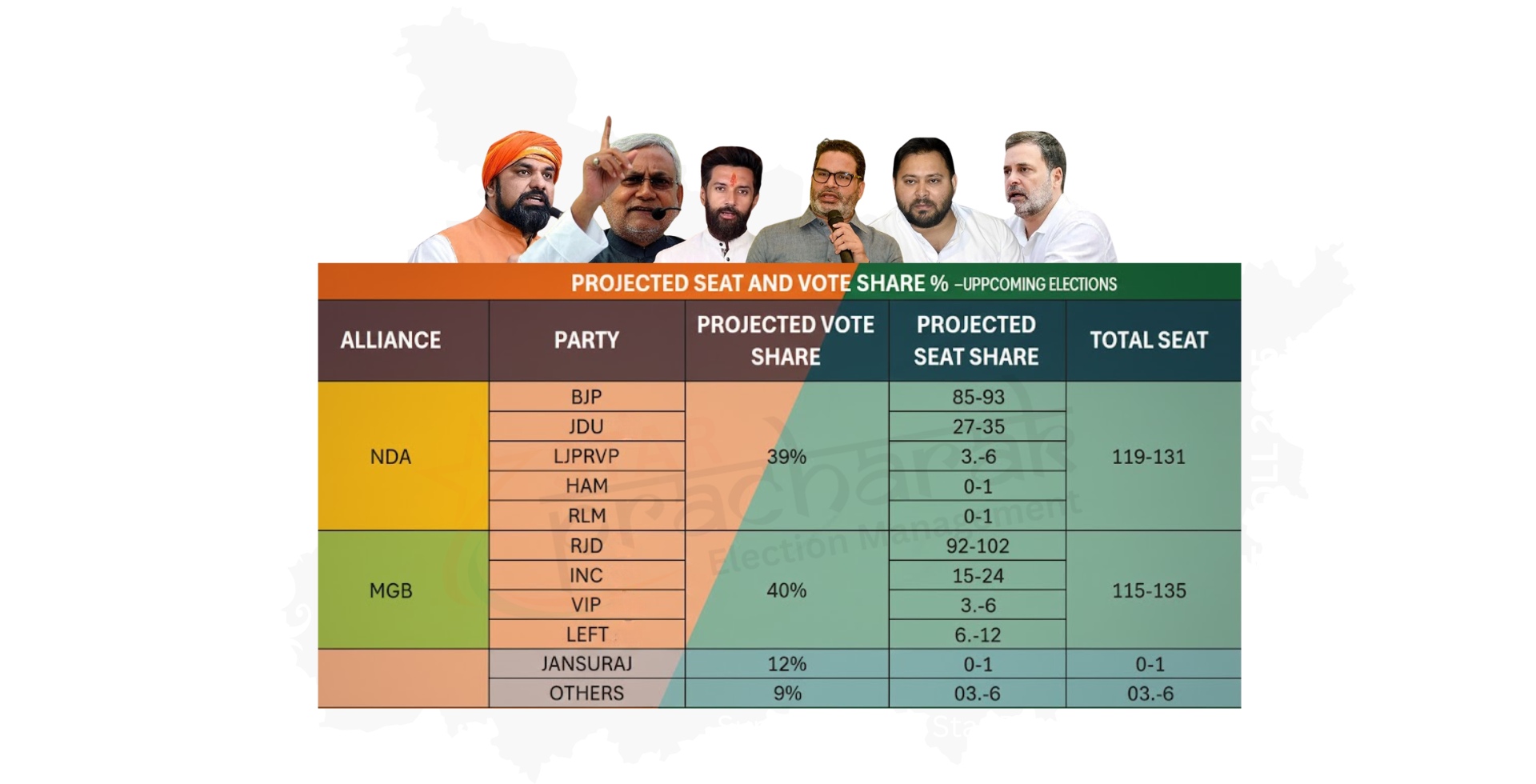Get Free Consultation!
We are ready to answer right now! Sign up for a free consultation.
I consent to the processing of personal data and agree with the user agreement and privacy policy
We are online 24/7
We are ready to answer right now! Sign up for a free consultation.
I consent to the processing of personal data and agree with the user agreement and privacy policy
A political research campaign in India typically involves conducting comprehensive research and analysis on various political, social, economic, and environmental issues to inform policy-making and advocate for specific political agendas. Political parties, think tanks, and advocacy groups often conduct political research campaigns to gather data, insights, and evidence to support their policy proposals and engage with the electorate.

Here are some key aspects of a political research campaign in India:
Data Collection and Analysis: Political research campaigns involve collecting and analyzing data on various aspects of Indian politics, such as voting patterns, public opinion, electoral demographics, and socio-economic indicators.
Policy Development: Research campaigns focus on developing evidence-based policies that address the needs and aspirations of the Indian population, taking into account diverse perspectives and stakeholder inputs.
Political Communication: Campaigns often involve crafting effective political messages and communication strategies to reach out to the electorate, convey policy proposals, and build public support.
Voter Outreach: Political research campaigns may involve conducting surveys, focus groups, and interviews to understand the concerns and priorities of voters, and develop targeted outreach strategies.
Advocacy and Lobbying: Research campaigns may include advocating for specific policy changes with policymakers, engaging in lobbying efforts, and influencing public discourse through media and other channels.
Campaign Management: Research campaigns involve strategic planning, budgeting, and coordination of various activities, including data collection, analysis, policy development, communication, and outreach.
Monitoring and Evaluation: Research campaigns may involve monitoring and evaluating the effectiveness of policy proposals and communication strategies, and making adjustments based on feedback and analysis.
Stakeholder Engagement: Political research campaigns may involve engaging with various stakeholders, including political parties, civil society organizations, academia, and other experts, to gather inputs and build coalitions.
Electoral Strategy: Research campaigns may also involve analyzing electoral dynamics, conducting voter profiling, and developing strategies to maximize electoral success for a political party or candidate.
Ethical Considerations: Political research campaigns need to adhere to ethical guidelines, such as ensuring data privacy, maintaining transparency, and avoiding biases in research methodologies and analysis.
Political research campaigns play a critical role in shaping policy decisions and influencing the political landscape in India. They provide valuable insights and evidence to inform policy proposals, facilitate public discourse, and engage with the electorate in a meaningful and informed manner.

We are ready to answer right now! Sign up for a free consultation.
I consent to the processing of personal data and agree with the user agreement and privacy policy

